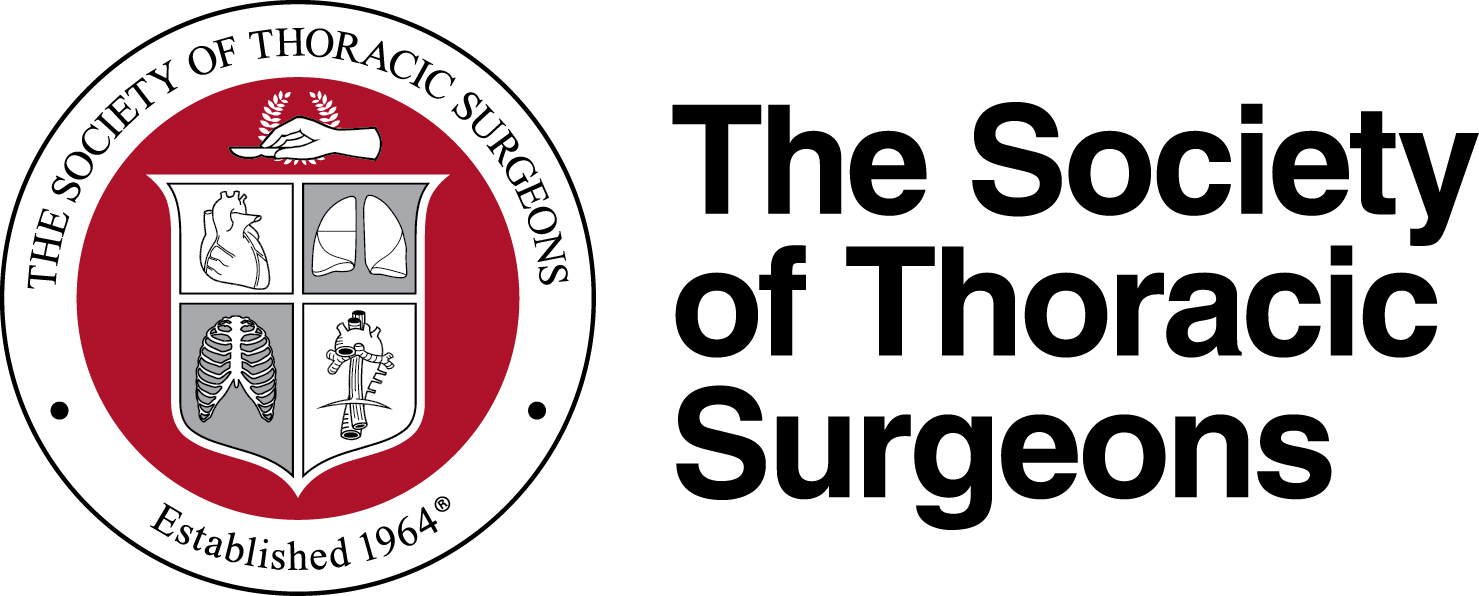Press conference: Tuesday, January 29, 2013 at 11:00 a.m. PT Room 512, LA Convention Center
Newswise — Los Angeles—Patients who undergo coronary artery bypass grafting (CABG) surgery have a lower overall composite risk for heart attack, stroke, and death in the 4 years following the procedure compared to patients who undergo stenting or balloon procedures, according to a study released today at the 49th Annual Meeting of The Society of Thoracic Surgeons (STS) held at the Los Angeles Convention Center.
Key Points• Bypass surgery patients had a lower overall risk for heart attack, stroke, and death than stent or angioplasty patients 4 years following the procedure.• CABG patients had a lower risk for heart attack while PCI patients had a lower risk for stroke.• A heart team that includes a cardiac surgeon, cardiologist, and the patient is essential to determine the best treatment.
This study represents phase 2 of the American College of Cardiology (ACC) Foundation/STS Collaboration on the Comparative Effectiveness of Revascularization Strategies (ASCERT) study—the largest trial to date comparing CABG outcomes to outcomes from coronary stenting or balloon placement, known as percutaneous catheter intervention (PCI).
Fred H. Edwards, MD, Emeritus Professor of Surgery at the University of Florida, Jacksonville, and colleagues analyzed data from nearly 190,000 Medicare patients to compare long-term outcomes from CABG and PCI. In this study, 94% of PCI patients had stent placement and 6% had balloon angioplasty.
“ASCERT showed that in the first few months after the procedure results favored PCI, but long-term data demonstrated a clear overall advantage for CABG. The benefits of CABG progressively increase over time, demonstrating the long-term durability of the procedure,” said Dr. Edwards, who is also Director of the STS Research Center.
Collaborating investigators from STS and the ACC used CABG data from the STS National Database and PCI data from the ACC National Cardiovascular Data Registry (NCDR) for patients age 65 and older who underwent revascularization from 2004 through 2007. These data were then linked to information from the Centers for Medicare & Medicaid Services for follow up through 2008.
Phase 1 of ASCERT showed that patients who underwent CABG were 21% less likely to die 4 years after surgery than patients who had PCI. The follow-up study presented here looked at the composite outcomes of heart attack, stroke, and death.
The researchers found that more than 4 years following the procedure, CABG patients had a lower risk for heart attack; PCI patients had a lower risk for stroke—primarily because of a higher stroke incidence in the first 30 days after CABG treatment; and CABG patients had a 19% lower risk for suffering a composite outcome of stroke, heart attack, and/or death.
Despite a growing number of studies on intervention for stable coronary artery disease that involves several coronary arteries, determining optimal treatment is complicated by evolving technology, differing result interpretations, and variable study designs. ASCERT has helped to clarify and confirm the role of CABG in the treatment of multivessel coronary disease, according to Dr. Edwards.
“While survival is an important consideration, other non-fatal outcomes should be also be considered,” said Dr. Edwards. “These new ASCERT results reinforce the need for a ‘heart team’ approach to ensure that the patient is fully informed of the most likely outcomes when determining the best treatment for multivessel disease. The heart team should include a cardiac surgeon, a cardiologist, and the patient.”
Editor’s notes: The ASCERT Study is supported by an award from the National Heart, Lung, and Blood Institute.
###
For a copy of the abstract, e-mail STS Media Relations at [email protected] or call 312-202-5865. Between 1/25/13 and 1/30/13, call Cassie Brasseur’s mobile at 319-621-3770 or Samantha McCarthy’s mobile at 630-220-1342.
Founded in 1964, STS is a not-for-profit organization representing more than 6,600 cardiothoracic surgeons, researchers, and allied health professionals worldwide who are dedicated to ensuring the best possible outcomes for surgeries of the heart, lung, and esophagus, as well as other surgical procedures within the chest. The Society’s mission is to enhance the ability of cardiothoracic surgeons to provide the highest quality care through education, research and advocacy.
The STS Annual Meeting is one of the largest cardiothoracic surgery meetings in the world. The 2012 STS Annual Meeting attracted 4,700 registrants, including 2,300 cardiothoracic surgery professionals.
The STS National Database, established in 1989, is the premier clinical data registry for cardiothoracic surgery. It includes three components—the Adult Cardiac Surgery Database, the General Thoracic Surgery Database, and the Congenital Heart Surgery Database. Currently, the Database contains more than 5 million surgical records from more than 1,400 participants.
MEDIA CONTACT
Register for reporter access to contact detailsCITATIONS
49th Annual Meeting of The Society of Thoracic Surgeons
